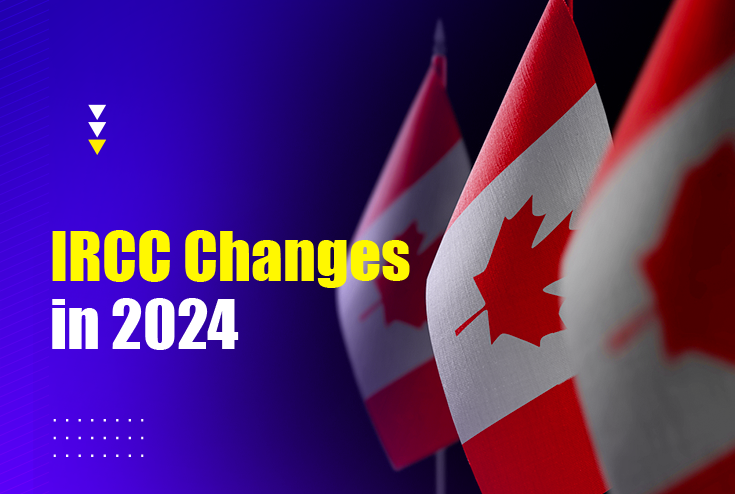
IRCC Changes in 2024
Introduction
The Immigration, Refugees and Citizenship Canada (IRCC) has announced significant changes for 2024 that will directly impact international students and their pathways in Canada. As the academic landscape evolves, understanding these adjustments is crucial for students, educational institutions, and prospective immigrants. This article explores the key changes and their implications, offering solutions and alternatives for navigating this new environment.
Table of Contents
- Overview of IRCC Changes
- Key Changes Implemented by IRCC
- Increase in Collateral for International Students
- New Provincial Attestation Letters and Student Caps
- Termination of Post Graduate Work Permit (PGWP) Eligibility for Certain Programs
- Suspension of Spousal Open Work Permits (SOWP)
- Reduction in Provincial Allocation Limits
- Additional Changes to Study Direct Stream
- Revisions to Work Limits and DLI Changes
- Solutions and Alternatives
- Conclusion
1. Overview of IRCC Changes
The IRCC has introduced several adjustments aimed at refining the immigration process for international students. These changes are intended to align Canada’s immigration framework with current labor market needs and educational priorities, emphasizing high-demand sectors such as healthcare and trades.
2. Key Changes Implemented by IRCC
Increase in Collateral for International Students
Starting in 2024, international students will need to demonstrate proof of funding of at least $20,000. This increase aims to ensure that students can support themselves during their studies.
New Provincial Attestation Letters and Student Caps
IRCC has implemented new Provincial Attestation Letters, coupled with caps on the number of international students per institution based on national and provincial directives. This is intended to manage student inflow more effectively.
Termination of PGWP Eligibility for Certain Programs
The eligibility for the Post Graduate Work Permit (PGWP) will be terminated for specific programs that do not align with labor market demands. This change will particularly affect graduates from programs identified as low-demand.
Changes inSpousal Open Work Permits (SOWP)
New applications for spousal open work permits are suspended for a period of two years. This rule is applicable for the spouse of primary applicants who are studying Diploma, Bachelors and Post Graduate courses in Canada effective from March 18, 2024. This impacts the ability of spouses of international students to work in Canada, which could influence students’ decisions to study abroad.
Reduction in Provincial Allocation Limits
In 2025, there will be a reduction of 22% in Provincial Allocation Limits compared to 2024. This reduction suggests a tighter control on how many international students will be supported through provincial programs.
Additional Changes to Study Direct Stream
The Study Direct Stream (SDS) will be terminated for new applications from November 8, 2024. This means that all international students will have to follow a general visa procedure rather than a streamlined SDS process.
Revisions to Work Limits and DLI Changes
Effective November 15, 2024, international students with an Open Work Permit can work up to 24 hours per week, provided they are enrolled in full-time studies. Additionally, changes to the Designated Learning Institution (DLI) process will limit the ability to switch schools without a newly submitted study permit application.
3. Solutions and Alternatives
Given these changes, students and educational institutions may explore several alternatives:
- Increased Planning for Financial Proof: Prospective students should prepare early to meet the new funding requirements by exploring scholarship options and financial aid.
- Program Selection: Students should focus on enrolling in programs aligned with high-demand sectors such as healthcare and trades to ensure PGWP eligibility and better job prospects post-graduation.
- Consultation Services: Institutions can provide robust counseling services to help students navigate the new requirements and make informed choices about their educational paths.
- Alternative Pathways: Students interested in work permissions for their spouses should explore potential job opportunities that may allow for sponsorship instead of relying on SOWPs.
Conclusion
The IRCC changes for 2024 bring significant updates that will reshape the landscape for international students in Canada. Understanding these changes, their implications, and exploring alternative pathways will be crucial for students seeking successful academic and professional futures in Canada. As the situation evolves, ongoing monitoring and adaptability will be key to thriving within this new framework.




